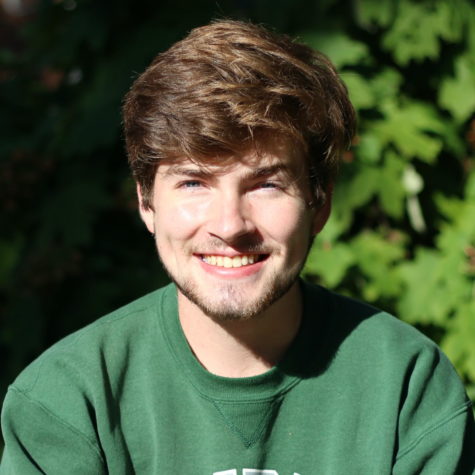Professor researches ethical growth, use of human brain organoids
January 25, 2019
Beginning in 2018 with a funding proposal to the National Institute of Health’s (NIH) Brain Initiative, The Brainstorm Project investigates the ethical questions that arise from growing human brain organoids in labs. The project is in its first of two years of funding and is structured as a series of workshops. Sixteen-year Case Western Reserve University professor of bioethics Insoo Hyun is the project’s primary investigator (PI) with three other labs also participating in the project.
Hyun’s project calls scientists and ethicists together from CWRU, Harvard and Stanford to “identify where future research needs to be [in brain organoid research and ethics].” According to Hyun, “We are not trying to come up with solutions.” Instead, Hyun’s research intends to discover ethical issues related to the growth and potential applications of complex human brain organoids.
Investigating ethical issues in the frontiers of science is a theme of Hyun’s research. Hyun is also currently the co-PI in another NIH grant project that explores the ethical issues involved in using human stem cells in animals: using human stem cells in animals creates human-animal chimeras that can achieve a level of humanization in which moral dilemmas may arise. Additionally, Hyun is working on a project funded by the Greenwall Foundation, a private entity committed to funding bioethics research to create a “bioengineering ethics framework” for engineered devices.
According to Hyun, “As science employs new and more radical technologies regarding human development and health, the NIH has recognized there needs to be collaboration between bioethicists and scientists.”
Bioethics is no longer a reaction to new science, but instead occurs concurrently with new science, which Hyun believes serves both disciplines better. Hyun regards this a take-home point of his research’s importance.


